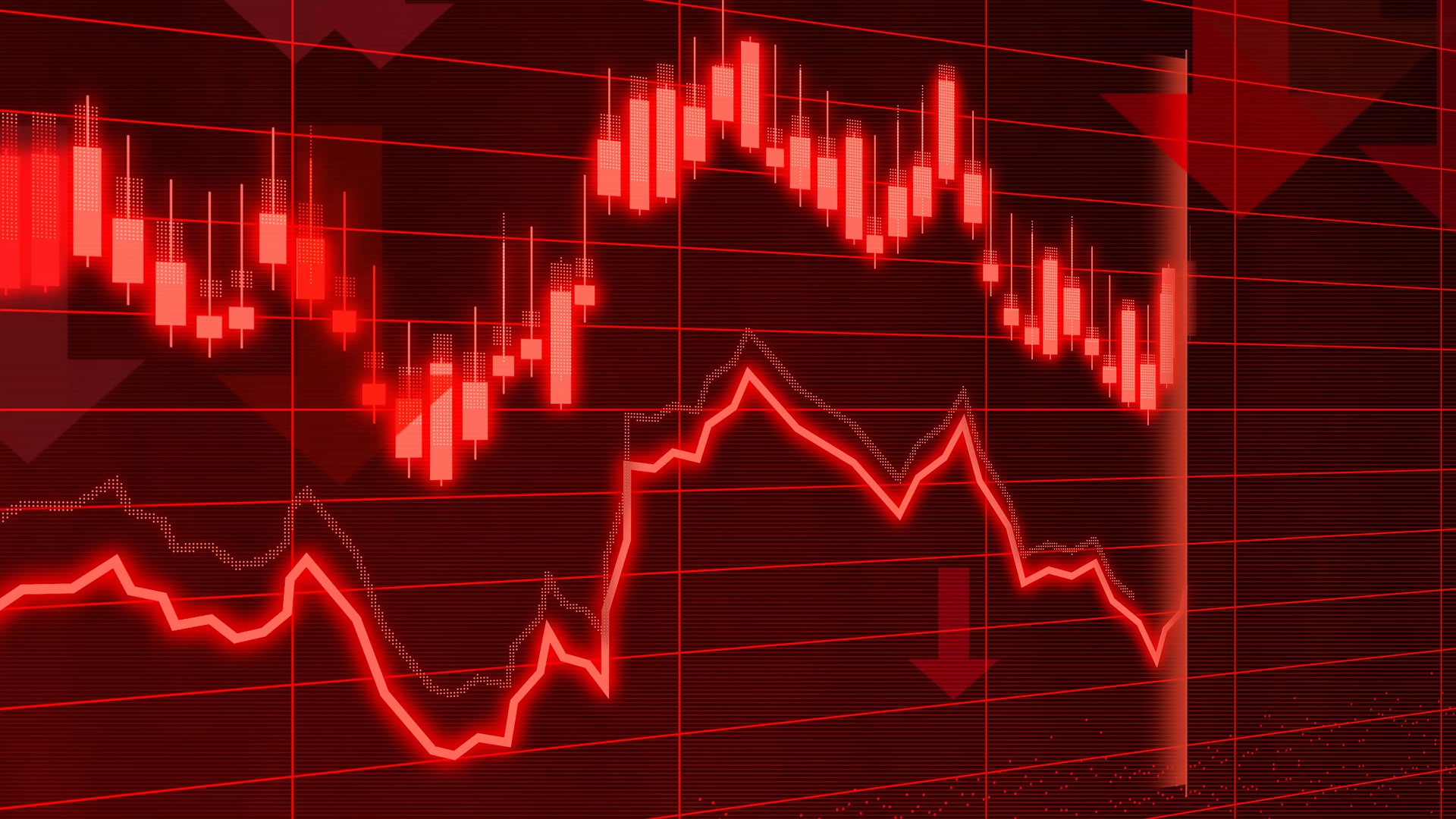Q3 market review

Summary
|
The third quarter of 2021 started well, with many equity markets achieving new post-pandemic highs. However, as the quarter progressed, the spread of the Delta variant of COVID-19, supply chain concerns, events in China and the prospect of a withdrawal of pandemic relief measures, weighed on markets. Asian equities ended the quarter lower than where they started, whereas many developed markets ended Q3 little changed. The debate over whether the rise in inflation is temporary, as central bankers suggest, or more permanent, as some investors fear, continued during the quarter. As we enter the final three months of the year, these uncertainties are likely to continue to add volatility to markets. The ongoing debate over the US government budget and the debt ceiling will only add to the uncertainty. Ambiguity tends to discourage investors who are so inclined to sit on the sidelines; as a result, there is still plenty of cash waiting to be deployed into the market when the uncertainties that plague the market at present ease.
The pandemic caused large scale damage to the global economy, but massive fiscal and monetary support was forthcoming, and helped to prevent a much greater economic disaster. As the economy returns to work, huge dislocations are becoming apparent. This has driven inflation higher, but many of the drivers of inflation may be seen as temporary, such as the rise in second-hand car prices. In the UK, the return to a normal rate of VAT on hospitality and the rise in fuel costs may mean we do not see the peak in inflation until the end of the year. In the US, however, we may have already seen the peak in inflation.
Central banks have observed inflation surpass their 2% targets. They have repeatedly stressed that they see this as transitory. In any case, the Federal Reserve (Fed) has indicated that it expects to begin tapering its bond purchases this year. However, supply chain issues may constrain economic growth, giving the Fed a reason to delay any action. The debate over the US government debt ceiling, and President Biden’s infrastructure spending and tax plans, will continue into the final quarter of the year. Treasury secretary, Janet Yellen, has indicated that the US will run out of money after the 3rd December unless the debt ceiling is raised. Politicians have reached the brink of bankruptcy on many occasions, and we have seen partial shutdowns as a result. However, while the debt ceiling debate adds more uncertainty, it has in the past had little long-term impact on markets and the wider economy.
Communism and billionaires are not natural partners, and the Chinese Communist Party has acted over the last few months to crackdown on large Chinese technology companies and advance its own agenda. During the quarter, they took further action to restrict the activities of Chinese companies selling education outside the state system. Actions to contain the rising property market contributed to the gradual collapse of the Evergrande Real Estate developer. While Evergrande is highly indebted, we do not see it as a systematic risk, like Lehman Brothers was, and the Chinese authorities have acted to contain the damage. The opportunities in China, and Asia more broadly, remain huge. The risk of political interference will be ever-present, but valuations have adjusted to take this into account.
Looking ahead
The world is adapting to new working practices and needs to be weaned-off the enormous fiscal and monetary policy support. Central banks are preparing investors well in advance for this, and will be aiming to do so without damaging markets. The rapid economic gains from a post-pandemic, vaccine-fuelled, recovery may have already been achieved in many countries. As a result, progress from here for markets may be slower and volatility higher. As ever, in the final quarter of the year we will need to look through the short-term noise, and keep an eye on long-term gains.
Model portfolio performance as at 30 September 2021
| Portfolio | 3 months | 6 months | 1 year | Since Inception |
| Defensive | 0.75 | 3.82 | 4.07 | 8.58 |
| Cautious | 1.38 | 6.08 | 9.14 | 14.30 |
| Balanced | 1.15 | 6.73 | 13.05 | 19.18 |
| Growth | 1.28 | 7.50 | 16.19 | 22.66 |
| Adventurous | 1.42 | 8.12 | 18.17 | 27.11 |
Past performance is not a reliable indicator of future performance. The value of investments, as well as the income derived from them can go down as well as up, and investors may get back less than the original amount invested.
For more details on our savings and investments plans, please call 01733 314553 or email us at info@brookswealth.co.uk


